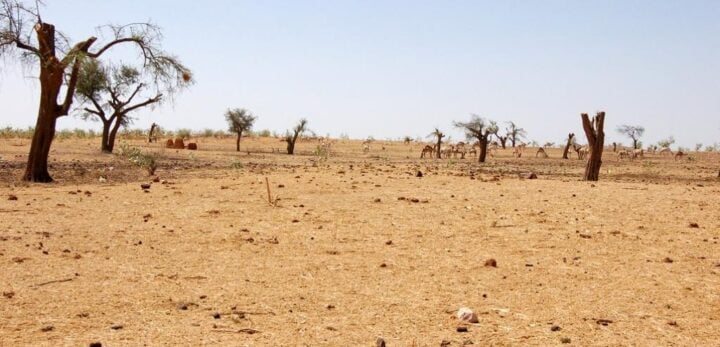A new report has shown that companies in Africa were impacted by climate change more than their counterparts in Asia in 2023.
The “Emerging Economies Climate report 2023”, was released on Thursday by the British International Investment (BII).
The report was produced after a survey of BII investee businesses in Africa, Asia and the Caribbean.
The Emerging Economies Climate report, first published in 2021, aims to show how the climate emergency
is affecting companies, how they are responding, and how investors can better support companies as we move
together to a greener future.
Advertisement
The BII said the 2023 results show a broad increase in the impacts of climate change relative to 2022.
“They show how climate change is becoming an increasingly significant concern for businesses and investors in emerging economies,” the firm said.
“They also highlight the difficult decisions climate change is presenting firms, as well as what they need to effectively manage climate risks and realise potential opportunities of the transition.”
Advertisement
In the report, 72 percent of corporate companies surveyed had experienced an extreme weather event in the last five years, with droughts, floods and heat being the biggest causes of concern.
The report indicated that 79 percent of businesses in emerging economies were affected by climate change in 2023.
“Firms in Africa are being impacted by climate change risks to a slightly greater extent than their counterparts in Asia,” the report added.
The report also showed that agricultural businesses were significantly affected by climate change while financial services or fund managers experienced little impact.
Advertisement
The report observed that operations and investment in the value chain were significantly hit by the impact of climate change.
“Operations and investments are the parts of the value chain most frequently disrupted by extreme weather events,” the report added.
“Ninety-eight percent of respondents think a better investment is needed to help transition to net zero or become more climate resilient, up from 92 percent in 2022.”
The report suggested that policy and regulatory conditions will drive more effective climate action.
Advertisement






